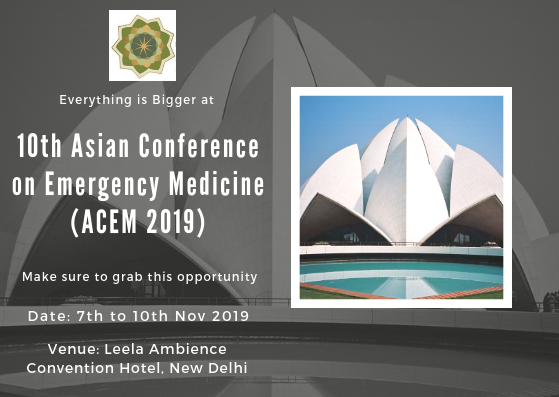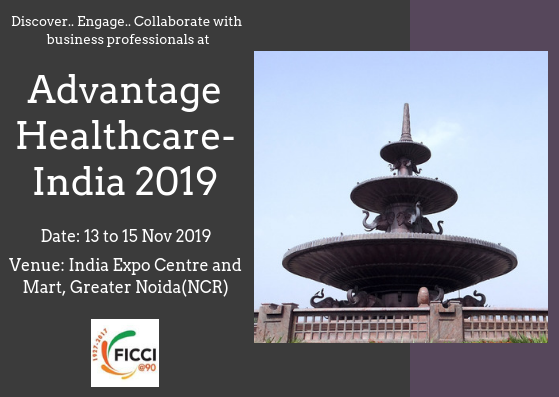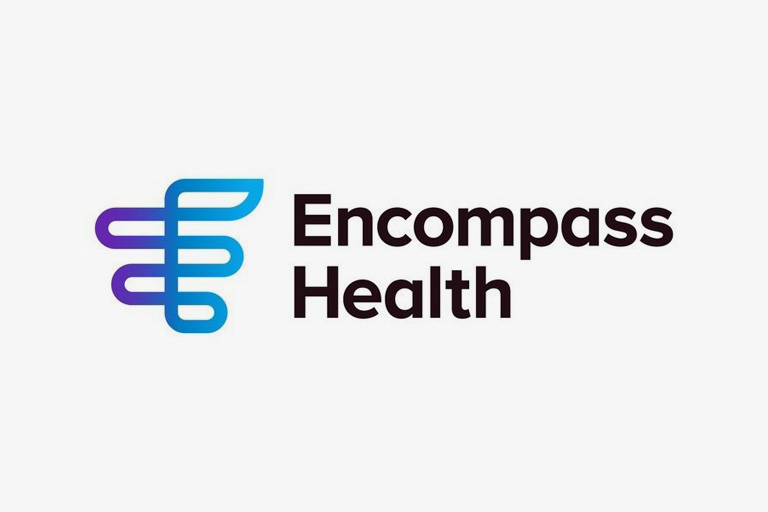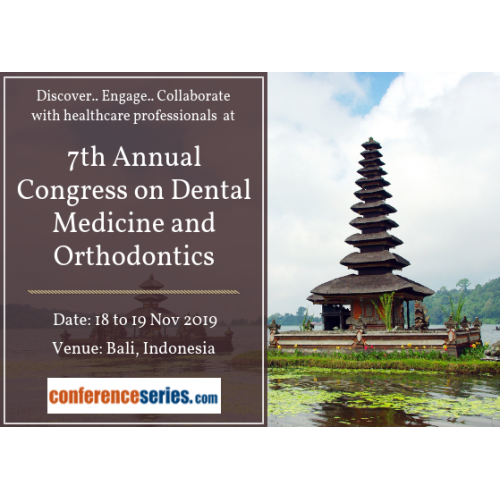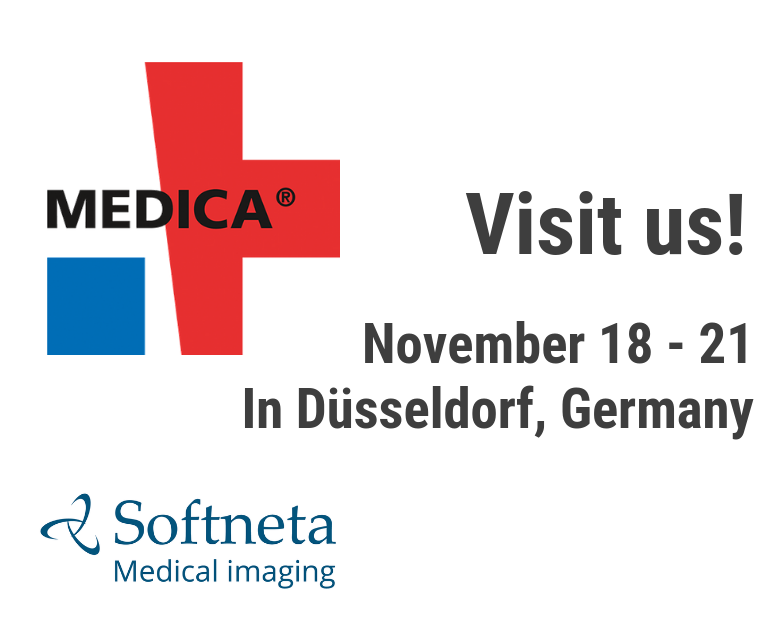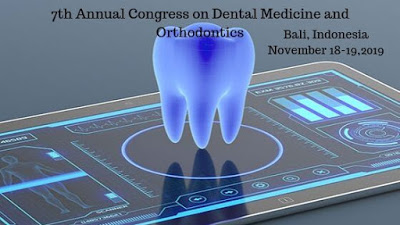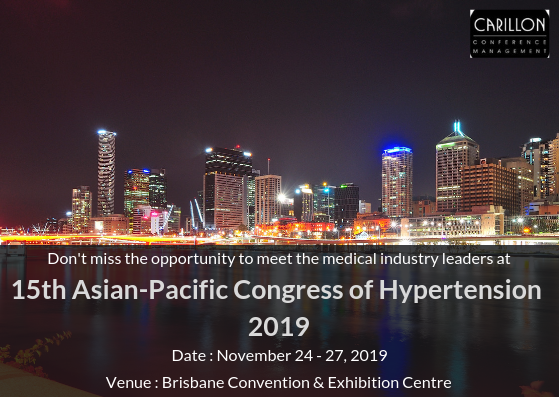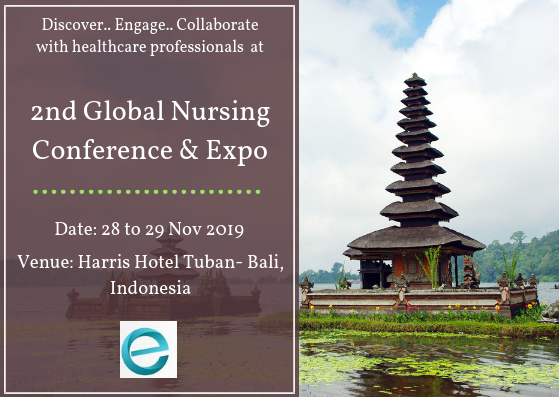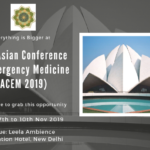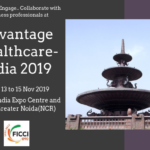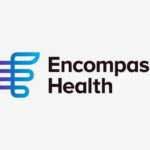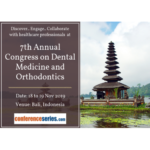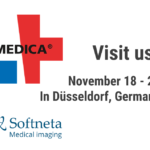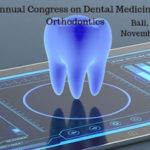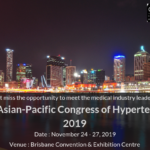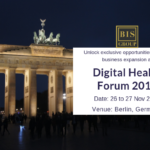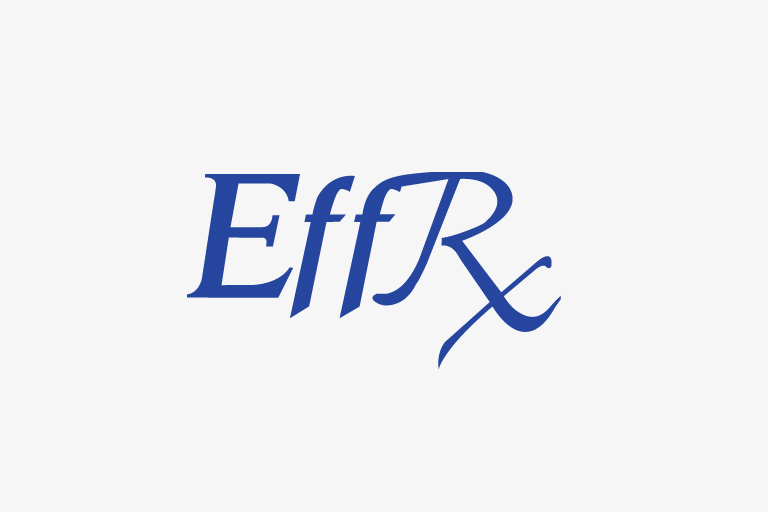Exclusive Article at EMRIndustry.com
By Donald M. Voltz, MD, Aultman Hospital, Department of Anesthesiology, Medical Director of the Main Operating Room, Assistant Professor of Anesthesiology, Case Western Reserve University and Northeast Ohio Medical University.
A board-certified anesthesiologist, researcher, medical educator, and entrepreneur. With more than 15 years of experience in healthcare, Dr. Voltz has been involved with many facets of medicine. He has performed basic science and clinical research and has experience in the translation of ideas into viable medical systems and devices.
Thanh Tran, CEO of Zoeticx, Inc. also contributed.
Complexity in medicine is increasing. Actually not a bad thing. It can lead to a better understanding of our health system and open the door for more opportunities to live healthy longer. More healthcare providers are collaborating on care delivery distributed across various clinics, practices, and hospital systems. Maintaining a central focus on the needs of our patients while the care is delivered has become more complicated for providers and patients, and has led to errors and duplications of services.
The complication of healthcare delivery is where the problem lies, not in its complexity. Dealing with a complicated system within a single practice or across practices, and the care continuum is the one of the grand challenges in medicine. Electronic Health Records (EHR’s) have been the proposed solution to deal with the complicated system of healthcare by addressing how information is organized and controlled to increase the value of care delivery.
The question being raised by many is if the EHR’s is the proper tool to address all of the requirements of healthcare providers, health systems, regulatory bodies and most important, the needs of our patients? One of the questions I have been wrestling with as my frustration with EHR’s climbs is if we are trying to use a wrench to pound a nail?
Healthcare is a data intensive field, requiring tools and processes to wrangle the data into actionable information that can be communicated to all of the stakeholders in patient care. EHR’s, for the most part, have taken on the task of collecting and organizing patient data. They are also becoming the central hub for additional activities in healthcare such as quality, billing and staffing.
Although numerous unintentional errors have resulted from the implementation and use of EHR’s for patient care, a greater concern is the unintentional use of this technology for tasks they have not been designed to handle. To understand this area of concern, we need to look backwards to understand the process and structure of healthcare delivery.
The individual medical record was developed to collect and communicate the process of healthcare much as a lab notebook is used to capture data from experiments along with the scientists’ thoughts, ideas and interpretations of the data. Over a patients’ lifetime, the medical record served as a space to record observations and track the progress of health and disease.
As different healthcare providers interacted with the patient, they could look at the narrative thread to build a timeline of a patient’s complaints, the investigations done, the treatments administered and the resulting outcomes from these interventions. Each provider could also add their comments on how they interpreted the signs, symptoms, results and progress of the treatment. Although the record contained a great deal of data along with one or more assessments of the meaning of this data, it was an evolving record, and not a channel for rich communication.
Everyone in medicine expects EHR technology to evolve to meet the needs of physicians and other providers while addressing issues with standards and regulations, but it is unlikely that EHR’s will or even should become a single software package to meet all of the needs for the healthcare system.
Providers Request EHR Help from HHS
Recently eight provider organizations and large healthcare systems drafted a letter to HHS Secretary Sylvia Burwell asking for help overcoming the barriers in EHR systems. They wanted to access, extend and use the information EHRs contain to address quality, costs and safety issues in the delivery of care.
These systems have been developed as databases, to collect, update and retrieve patient healthcare data, but are being asked to do so much more. Technology has great potential to address many issues present in healthcare, but asking EHRs to tackle all of the problems appears shortsighted. Instead, we need to optimize them in the storage and retrieval of data while allowing other tools to impact specific areas of need.
The delivery of care has changed in the last 10-15 years to a system of interdependent collaborators who manage various aspects of a patient’s care. This complex system depends on a centralized coordination of care so that decisions are made and acted upon in a timely manner along with interventions to address the changing needs of patients. At the center of this complex system is the need for rich communication so that all members of the care team can provide consistent and effective care while adding their expertise to bring about the most effective care that is consistent with the patients’ wishes.
Communication is at the heart of this system and as recently pointed out in The Huffington Post, “What we don’t have is a culture of health where we work symbiotically with one another and with the technology that was created specifically to bridge communication gaps”.
EHR’s Alone Should Not Serve as Communications Hub
EHR’s are continually being improved to handle large amounts of patient and process data. Although narrative, text-based notes can bring some meaning to the data and algorithms can uncover patterns not easily seen by physicians, especially when looked at data from a population standpoint.
EHR’s alone are still not enough to serve as the main technology hub for communication in healthcare and the concern is that this is exactly the unintended use they are being used for. Other tools are needed to foster the symbiosis between providers and the patients we are serving. We cannot expect a single system to serve all of our needs, but instead to understand those needs and the technology. Also the tools required for the application of the technology, and the processes and workflows to which these tools are applied in order to meet the needs of the system.
In medicine, whether it is a single patient encounter for an acute, short-lived issue or across a care continuum spanning multiple facilities involving a great number of healthcare providers, communication is a critical component to turn data in actionable items that can lead to effective care for patients. This process involves constructive input from providers, and often the best ways to uncover this is from those in the trenches raising concerns about the current state of healthcare delivery.
Developing tools that present data in meaningful and consistent ways and connects various healthcare providers to manage patients in real-time, despite geographic and temporal differences are important to support rich communication across the care continuum. Can we develop technologies to support these claims or are we just once again pointing out the deficits present in EHR’s?
EHRs Need Active Data, Alert Elevation, Single Source Access, and Middleware Connectivity
Zoeticx and other software developers have connectivity solutions readily available. These healthcare 2.0 vendors recognize that collection, processing and storage of data, although critical in care management, are not the primary issues. Instead, it is the adding meaning to data collected and distributing, the meaning to all involved in the management of care, including the patient and their families. EMRs need to have as standard usage, active, not passive data, middleware connectivity, push technology to elevate medical alerts when not addressed in a timely manner so the right data is sent to the right people at the right time.
By standardizing the way information is displayed, irrespective of what system has stored the information, it is the first step in addressing the communication needs in healthcare. Adding to this is an ability to dynamically add and change care providers who are actively participating in the care delivery. This allows for the development of a communication network where data and interventions can be shared with all involved while decreasing the time needed to deal with critical issues or values.
The connected network of providers becomes a synchronized and symbiotic force in the care of a patient while at the same time closing open loops when they arise. By adding functionality and tools on top of the EHR, we can more effectively address gaps in care delivery, abnormal results, redundancy and oversights in standing orders or misalignment in overall care strategy.
Progressing from a need to search for information contained in EHR databases to one of collaborative care where all team members are notified of issues and changes in management, is a critical step in making EHR’s more functional while decreasing errors, redundancy and waste in our system. Instead of passively waiting for the technology to meet our needs, we need to become committed to the care of our patients and develop the solutions we need to bring about the changes in our system.














